Viaxe ao 2060: a Ulloa que venceu a Altri
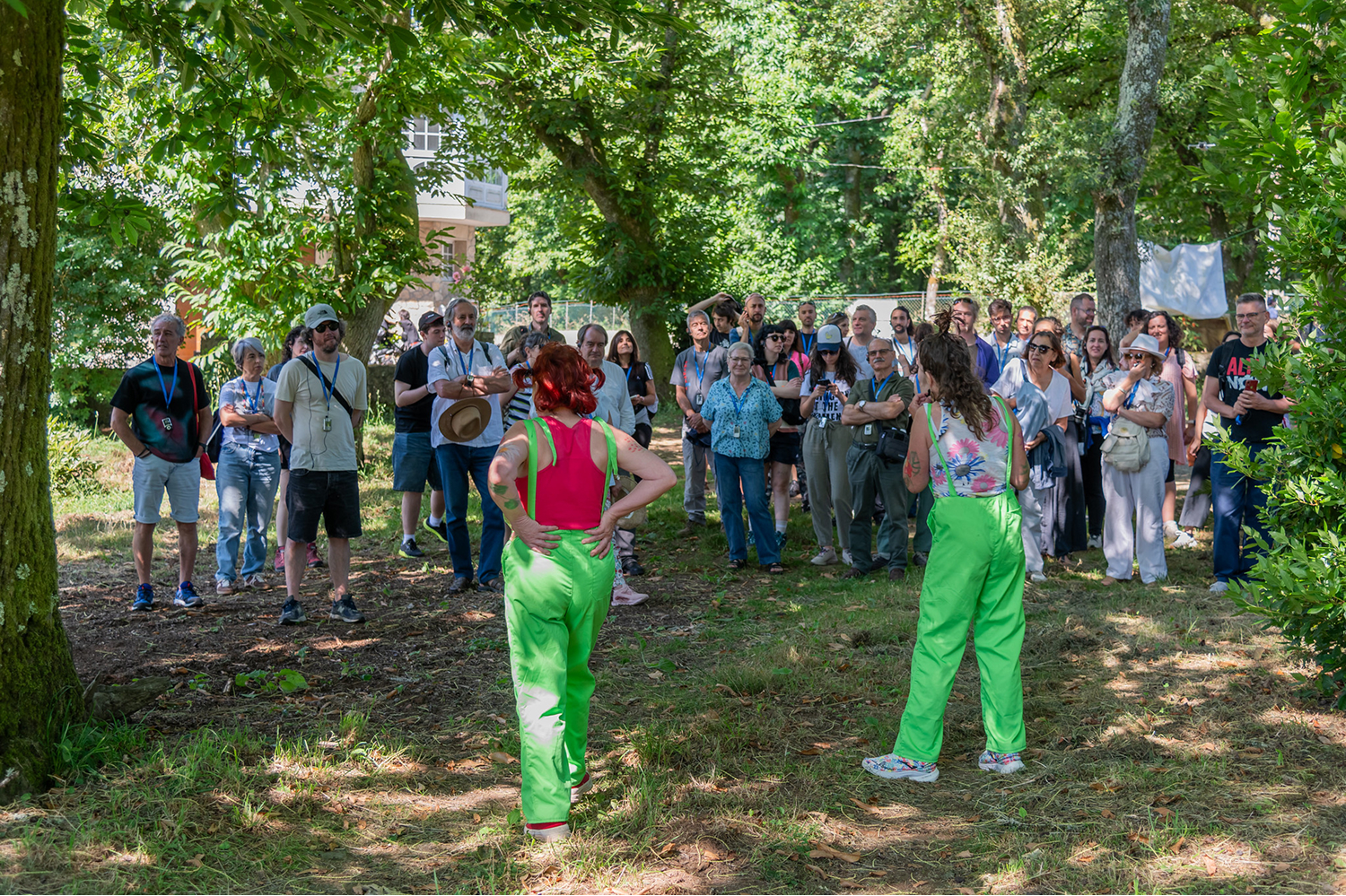
How we imagine Ulloa in the future
To read the text in English click here.
On Saturday 28th of June, a group of inhabitants of 2025 were able to travel to Ulloa in 2060 by means of the 2060: A Ulloa que xa véna performance organised by the members of The stories of milk .
In that imagined 2060, the public discovered that Altri did not manage to settle thanks to various efforts: a pilgrims' pilgrimage, a crowdfunding with which thousands of people bought the Quintas estate and the legal battle that was carried out, among others. Thanks to the paralysis of the Altri project, the region was able to continue to develop initiatives that already exist today, consolidating itself as a benchmark region in terms of sustainability, food and energy sovereignty, cultural rights and diversity.
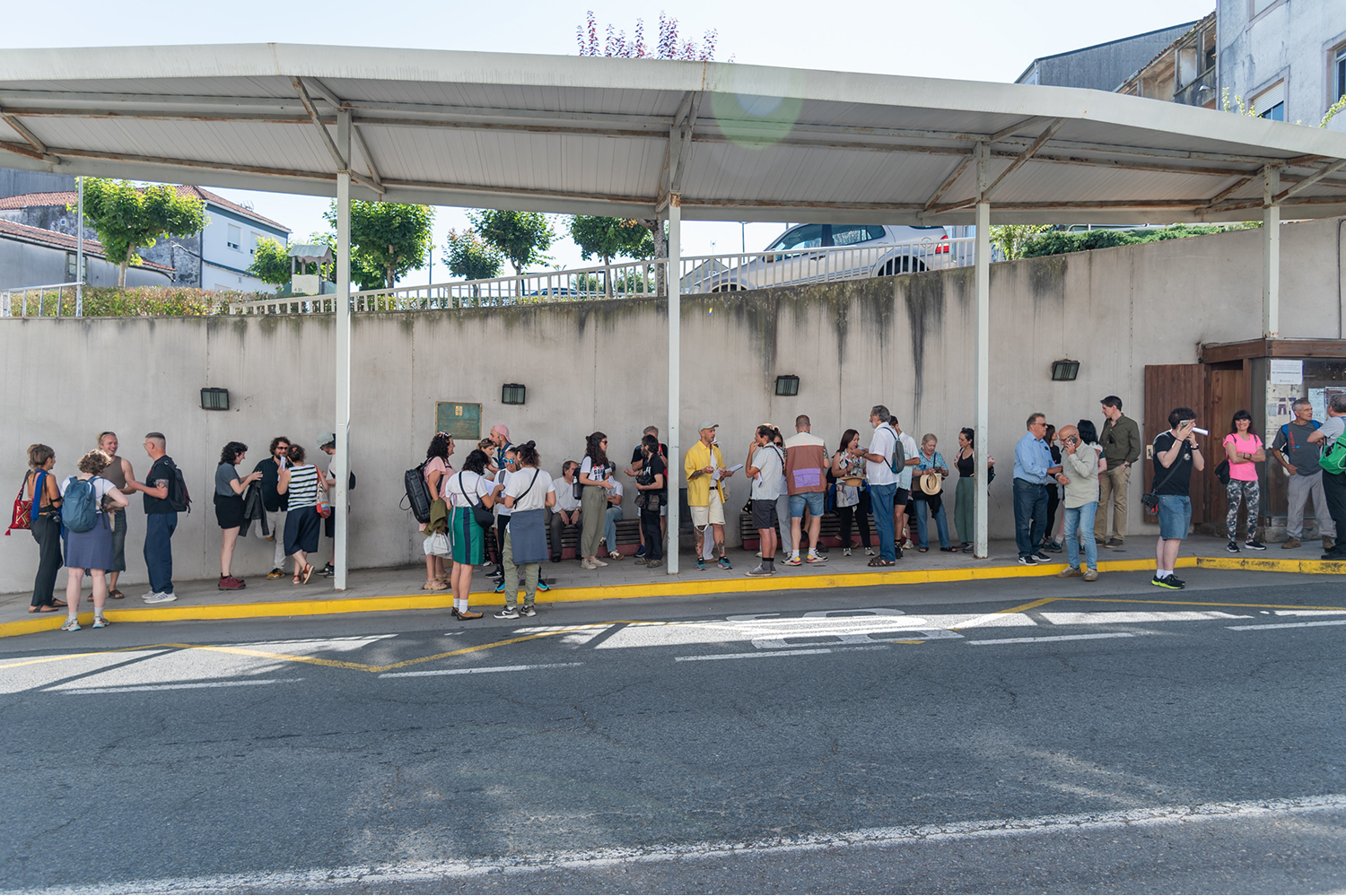
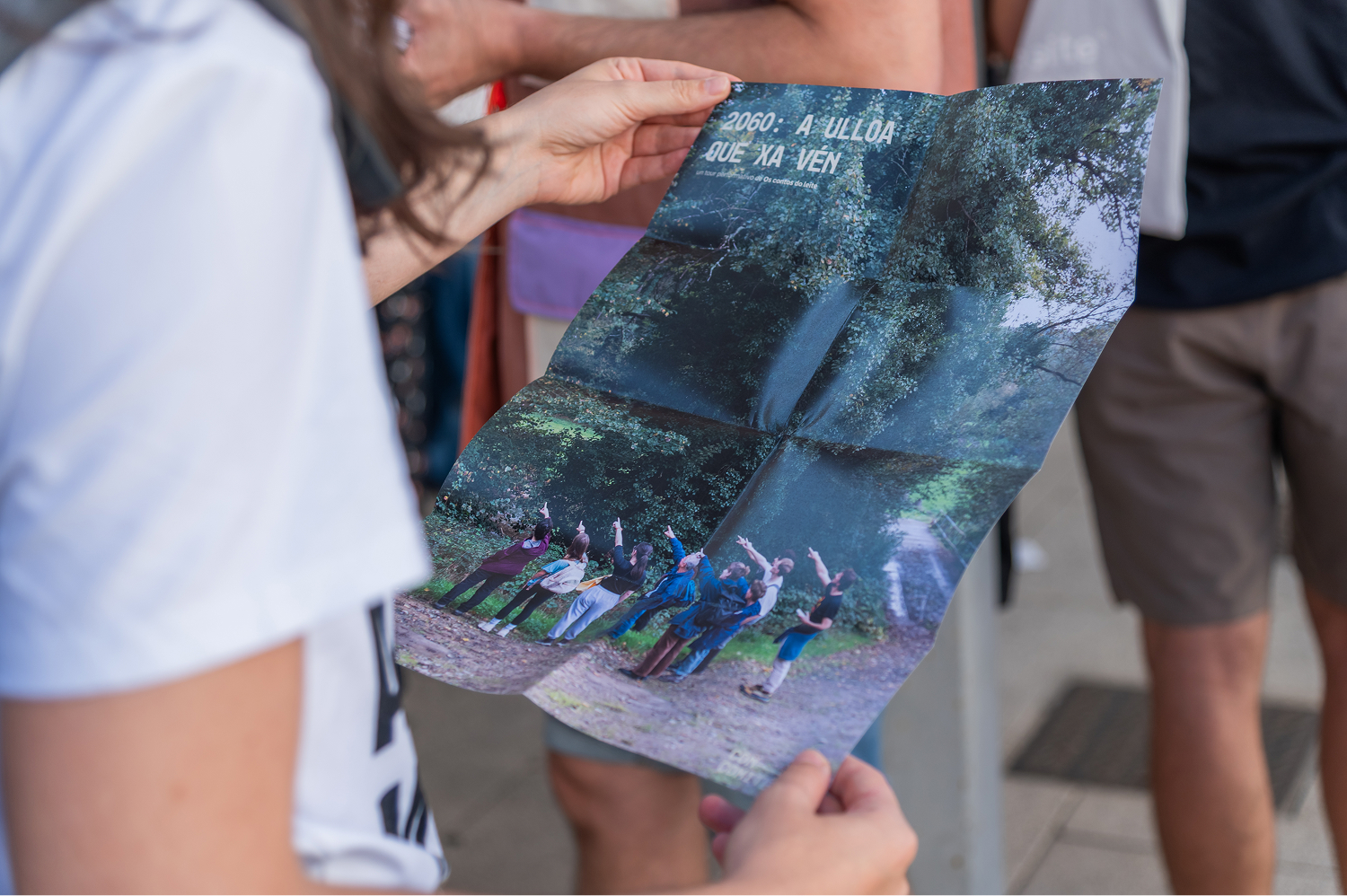
With this tour to 2060, the audience, mostly made up of Ulloa residents, discovered how in the future all the yeses that were defended in 2025 when Altri Non was said, prosper in the future. The guide of this unique intertemporal journey was the actress Mónica García, who took the travellers through different symbolic enclaves of 2060. At each stop there were extras who gave life to this possible world, representing spaces and stories of a future in which the countryside is full of life.
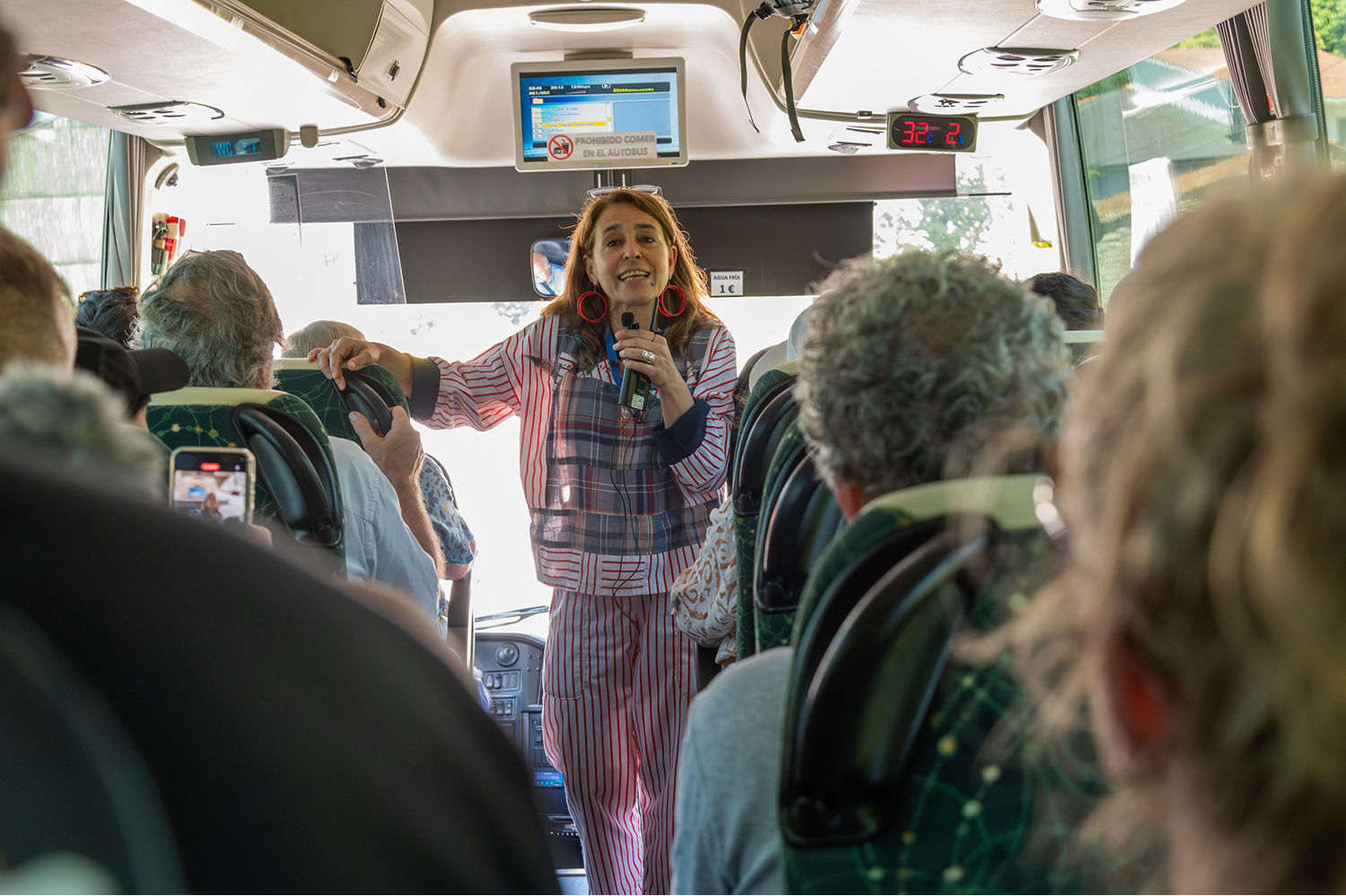
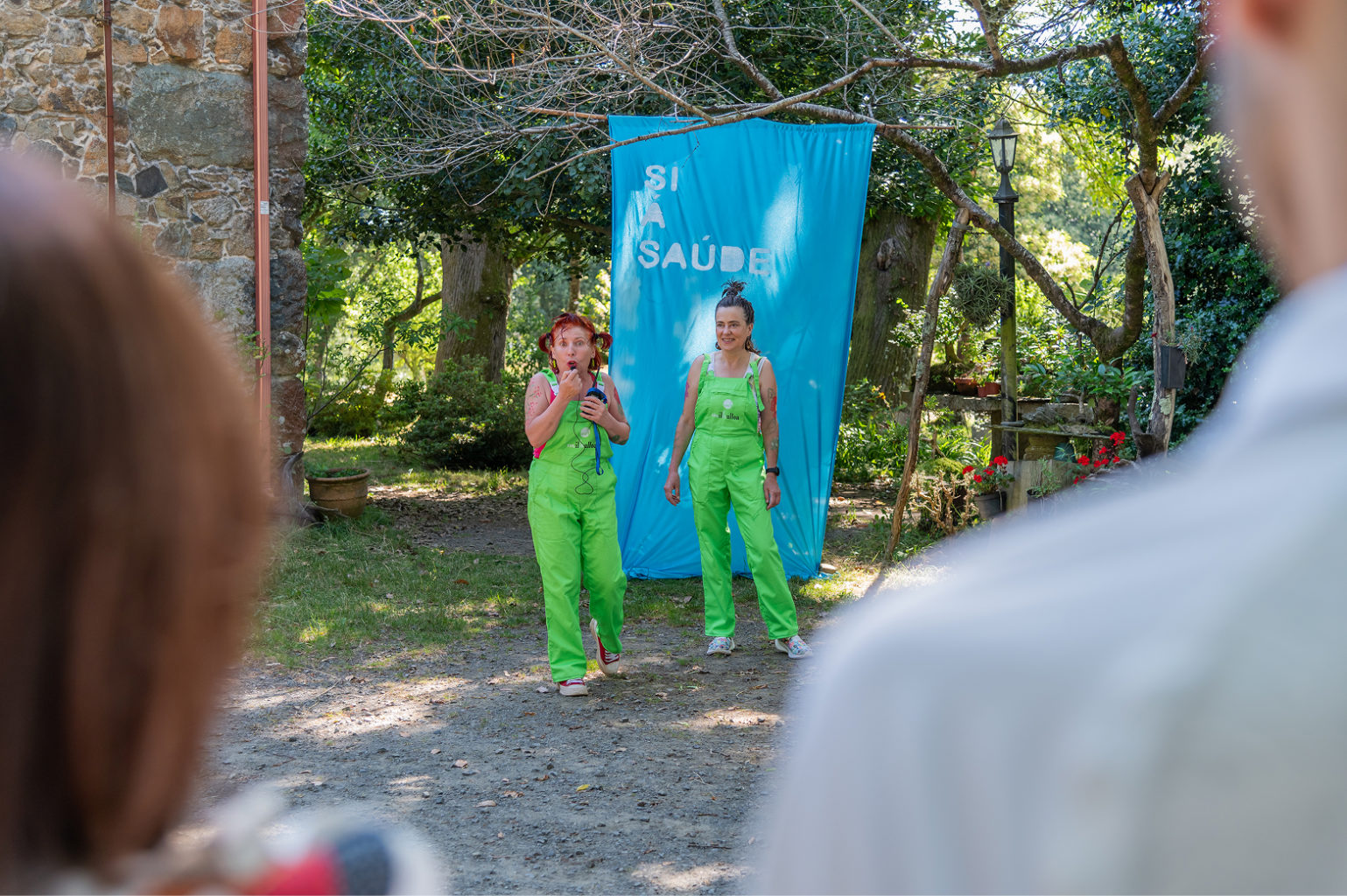
In 2060, the Quintas estate became the Quintas Foundation, collectively managed by the people who acquired it, and ecologically restored. A monument to the memory of the battle against Altri was also erected there, which is remembered as the starting point for a new era for the territory.
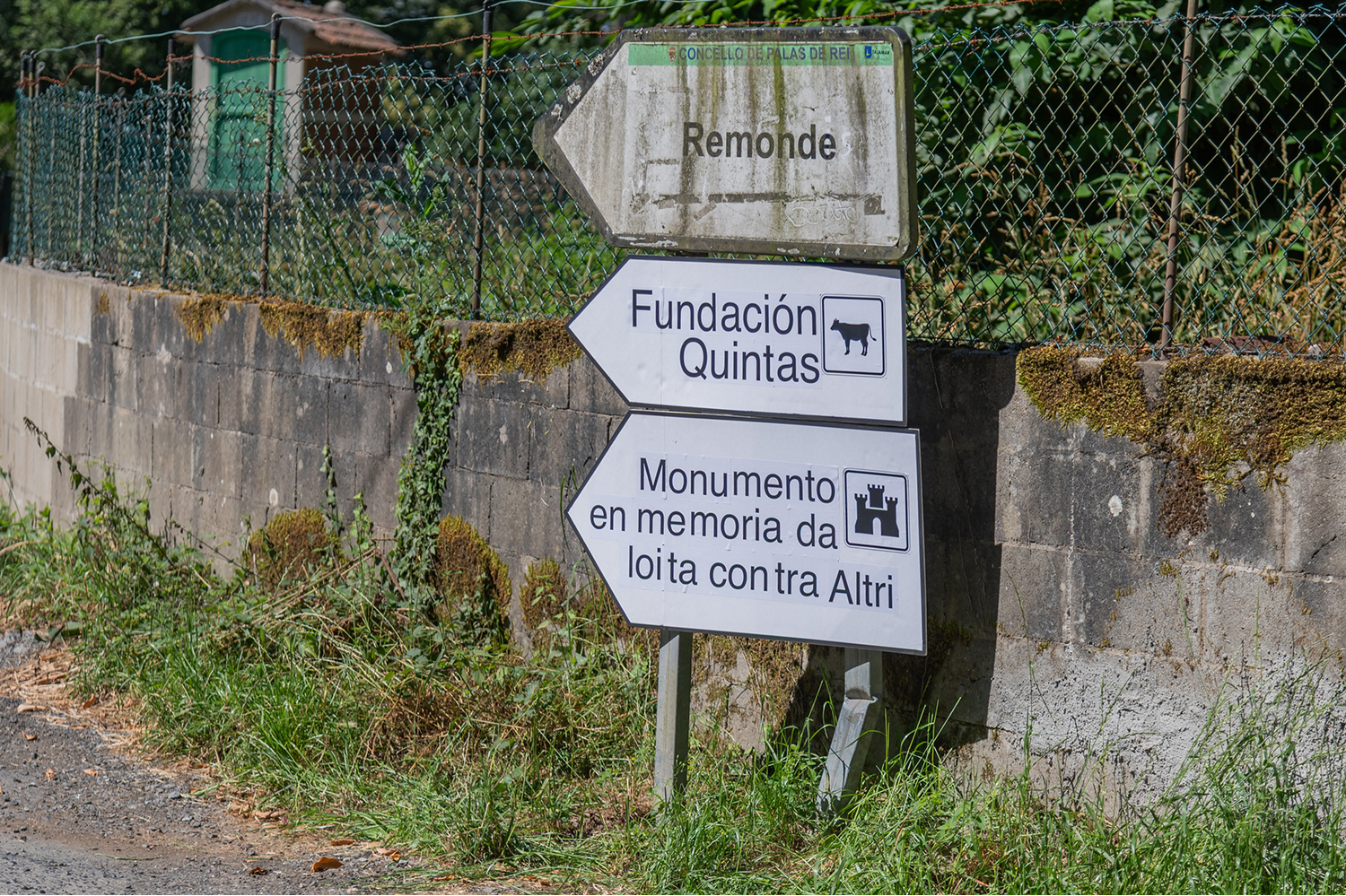
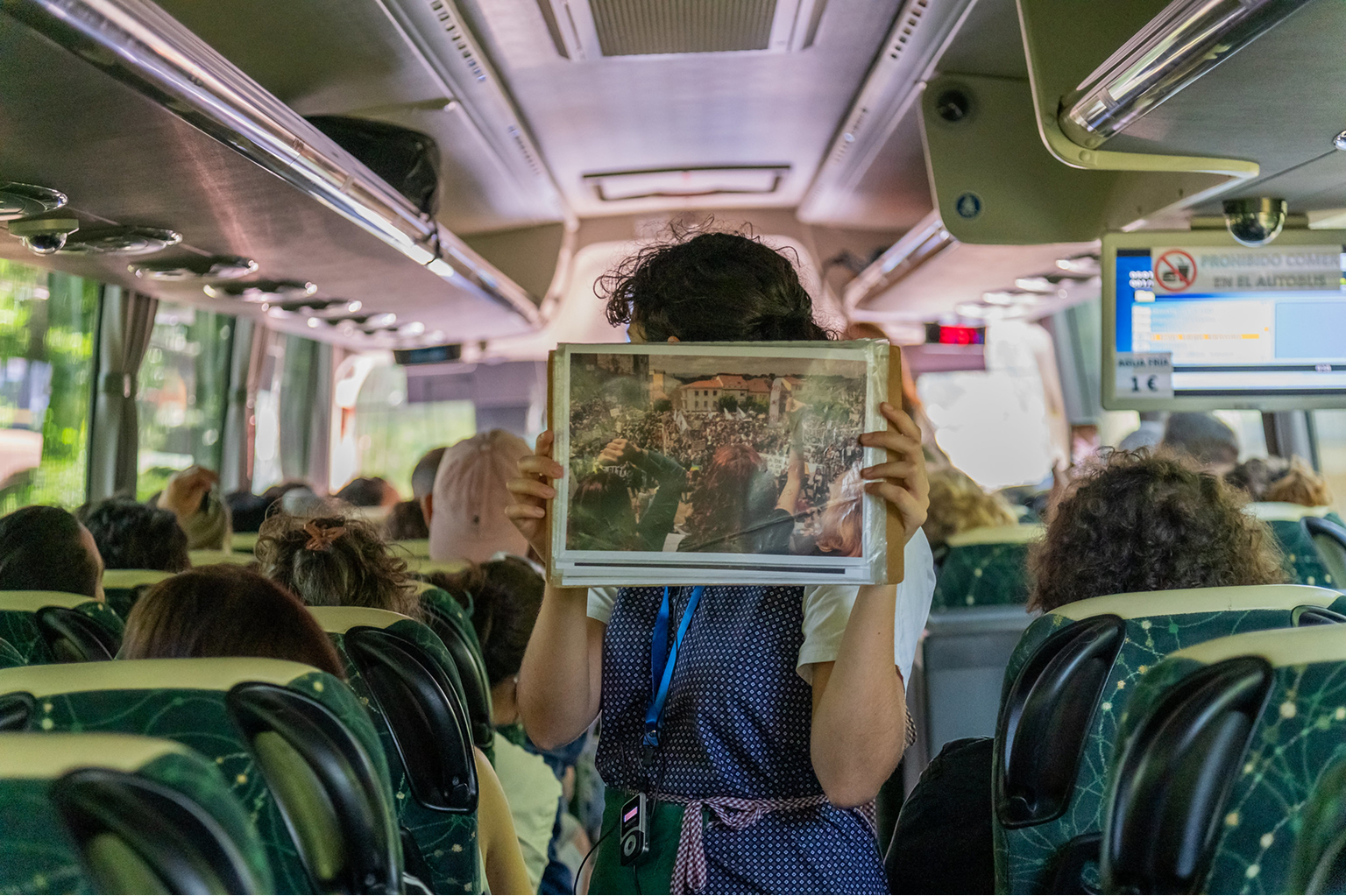
The villages of Ulloa are full of people, some of whom have arrived from the cities or have migrated for climatic reasons. The region is sovereign in terms of food and energy, and in the context of a world that is moving towards decline, people have more free time and can more easily exercise their cultural rights. The landscape has also changed in this scenario: there are far fewer eucalyptus trees, although the recovery process continues. During the tour, stops were made at Mlihulloa, which in the future will be a very important centre for medical research, the castle of Pambre, which has a very diverse cultural offer, and the torrents of Mácara, which are cleaner than in 2025 and continue to be a space very rich in biodiversity, and Arqueixal, in Albá, which is full of people, has become a village that trains people who have recently arrived in Ulloa to live in the countryside and then redistributes them to other villages.
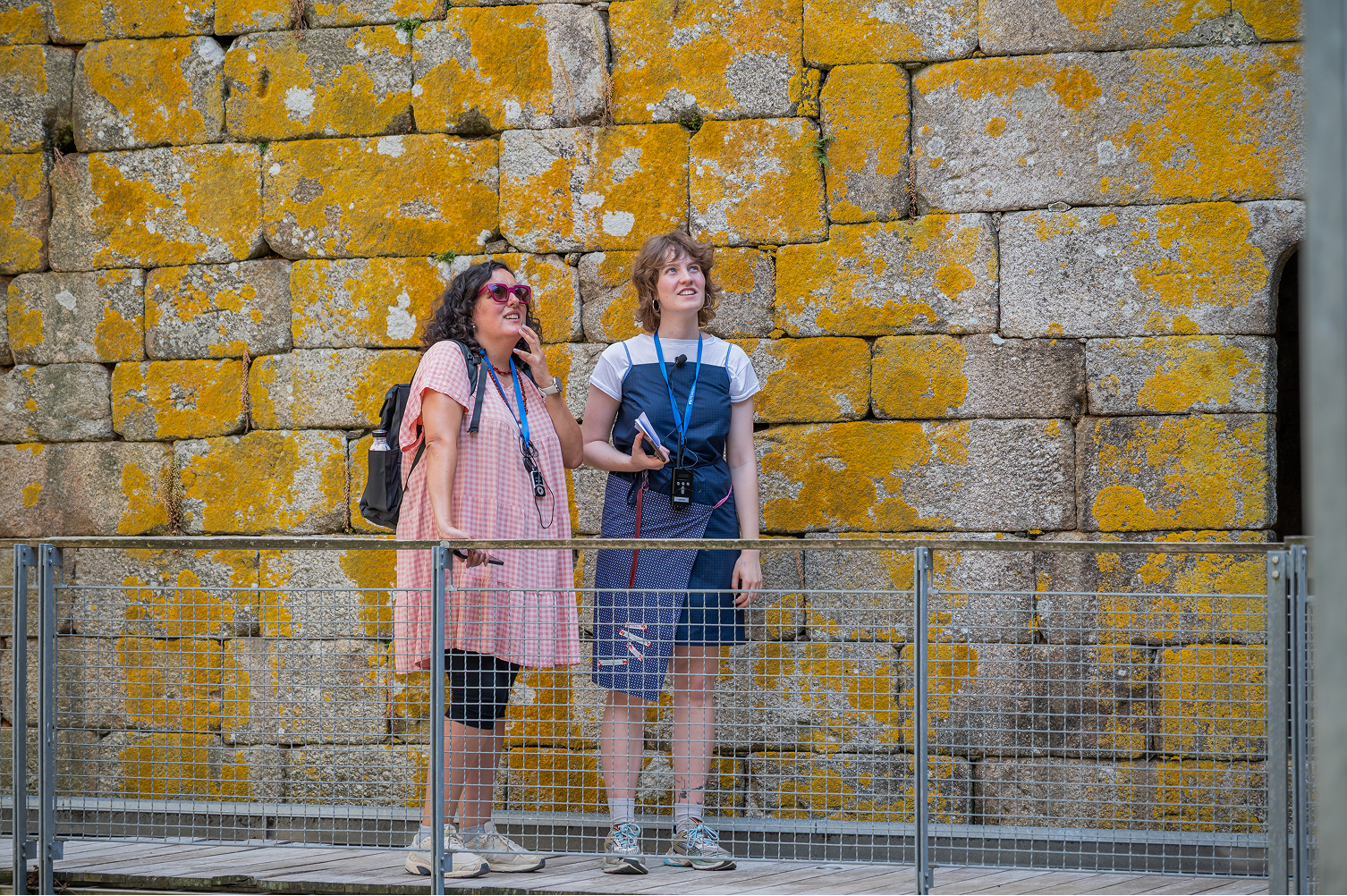
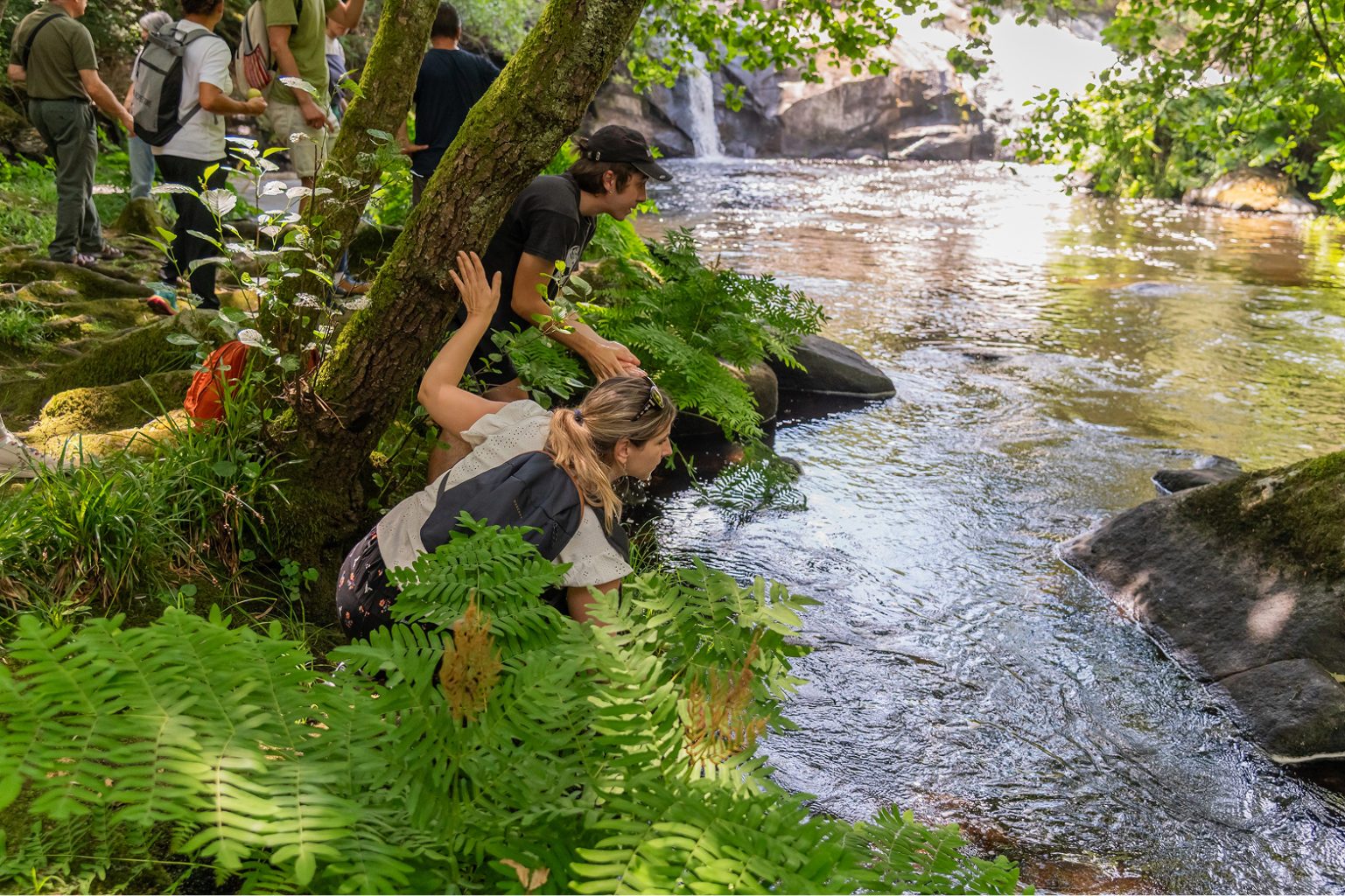
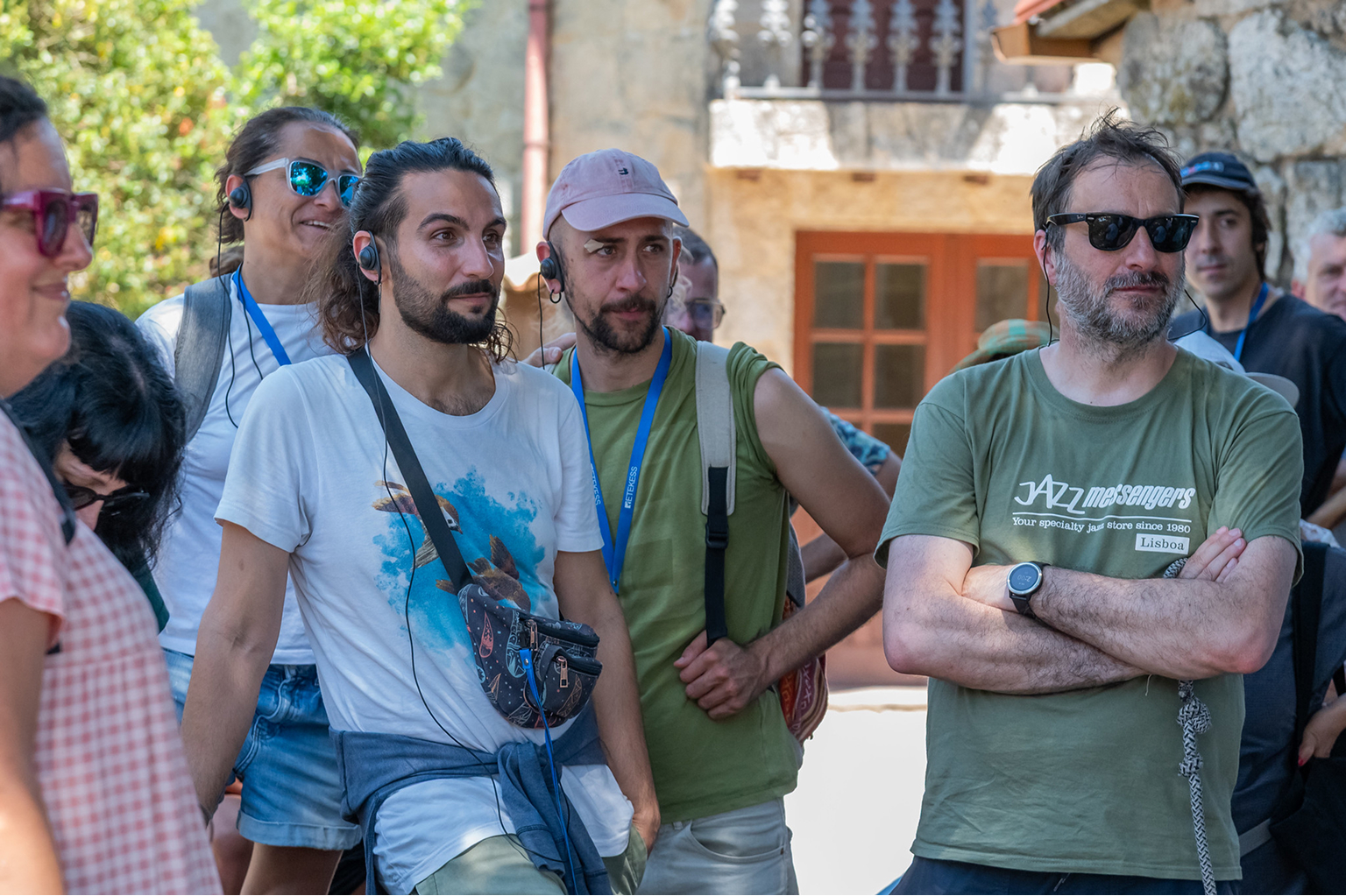
O tour rematou cun xantar no espazo de arte Do Picho. The menu, prepared by Alejandro Vázquez and Artur Pérez, was made with ingredients produced in the Ulloa basin, from Ulloa to the Arousa estuary.
Fronting the narratives of no future, this performance served to think, collectively, what desirable futures it is possible to continue to build in Ulloa. The audience left excited, with renewed energy to continue defending the territory and building real alternatives from the present.
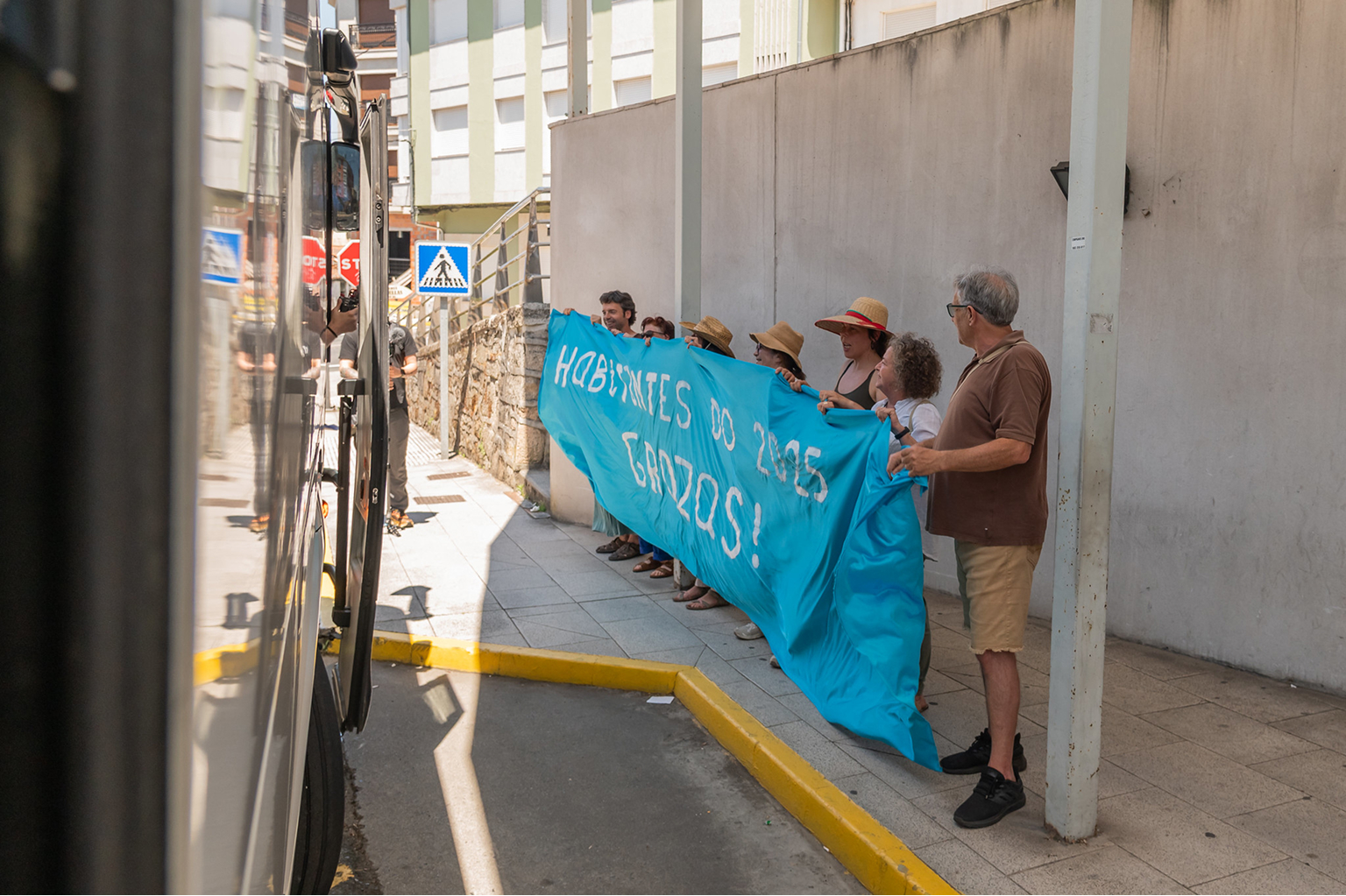
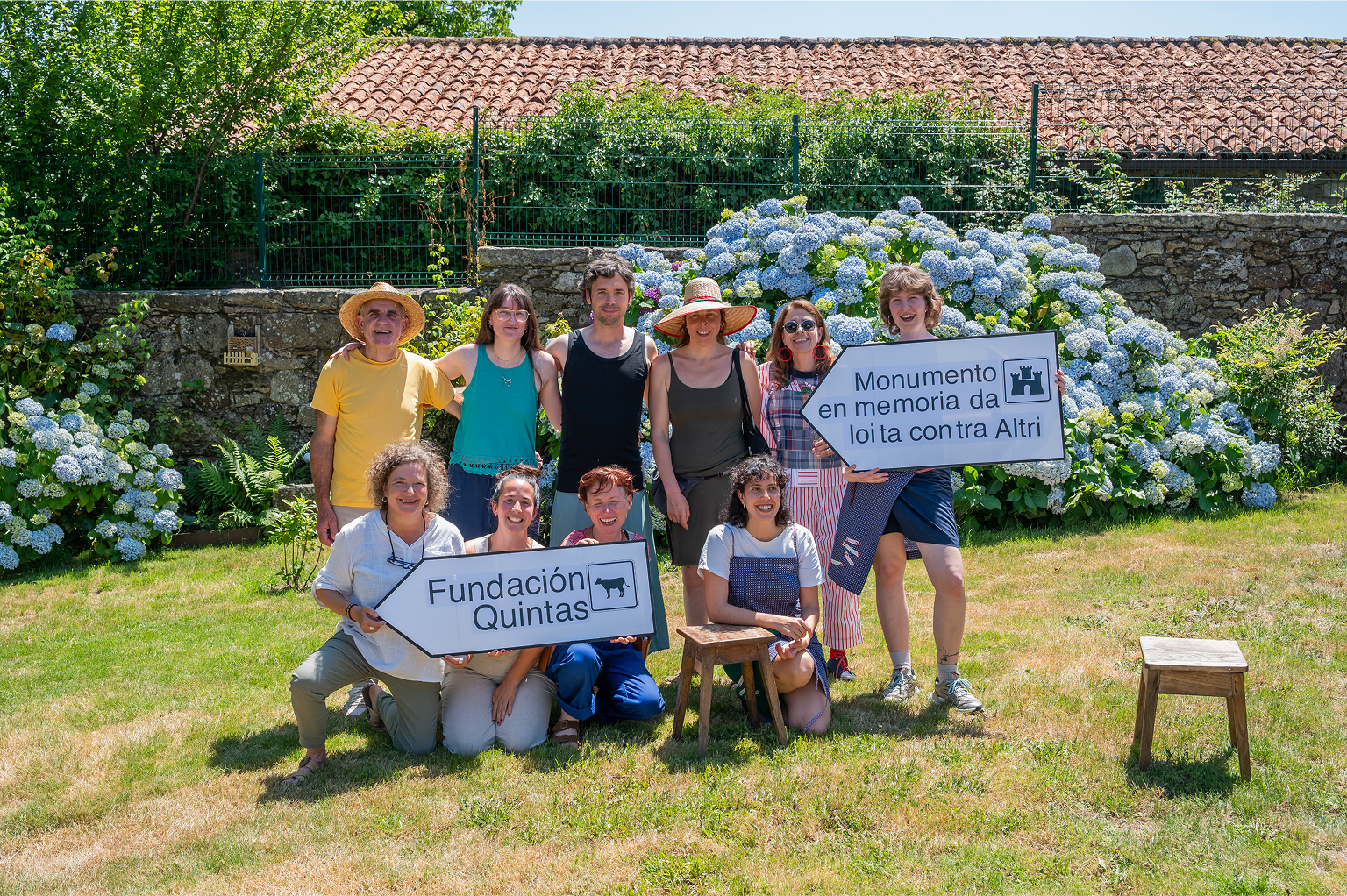
On Saturday 28th June, a group of inhabitants of 2025 travelled to the Ulloa of 2060 through 2060: la Ulloa que ya viene, a performance organised by the commissioners of The stories of milk.
In this imagined 2060, the public discovered that Altri did not manage to establish itself thanks to various efforts: a pilgrims' strike, a crowdfunding campaign with which thousands of people bought the Quintas estate and the legal battle that took place, among others. Thanks to the paralysis of the Altri project, the region was able to continue developing initiatives that already exist, consolidating itself as a region of reference in sustainability, food and energy sovereignty, cultural rights and diversity.
With this journey to 2060, the audience, mainly made up of residents of A Ulloa, discovered how in the future all the yeses that were defended in 2025 when they said "Altri No" are prospering. The guide of this unique intertemporal journey was the actress Mónica García, who took the travellers through different symbolic enclaves of 2060. At each stop, they were met by extras who brought this possible world to life, representing spaces and stories of a future in which the countryside is brimming with life.
In 2060, the Quintas estate became the Quintas Foundation, managed collectively by those who acquired it and ecologically restored. A monument to the memory of the fight against Altri is also erected there, remembered as the starting point of a new era for the territory.
The villages of A Ulloa are full of people, some of them coming from the cities or migrating for climatic reasons. The region is sovereign in terms of food and energy, and in the context of a world that is moving towards degrowth, people have more free time and more ease in exercising their cultural rights. The landscape has also changed in this scenario. There are far fewer eucalyptus trees, although the process of recovery continues. During the tour, stops were made at Mlihulloa, which in the future is a very important centre for research in medicine, Pambre Castle, which has a very diverse cultural offer, the Torrentes de Mácara, which are cleaner than in 2025 and are still a very rich area in biodiversity, and Arqueixal, in Albá, which is full of people and has become a village that trains people who have recently arrived in A Ulloa to be able to live in the countryside and then redistributes them to other villages.
The tour ended with a lunch in the artistic space. Do Picho. The menu, prepared by Alejandro Vázquez and Artur Pérez, was made with ingredients from the Ulla basin, from A Ulloa to the Arousa estuary.
In the face of the narratives of no future, this performance served to reflect collectively on what desirable futures it is possible to continue building in A Ulloa. The audience left enthusiastic, with renewed energy to continue defending the territory and building real alternatives from the present.









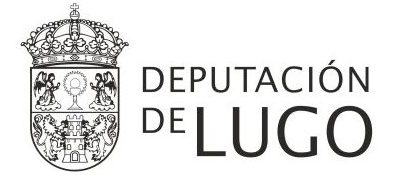

 Concomitentes
Concomitentes